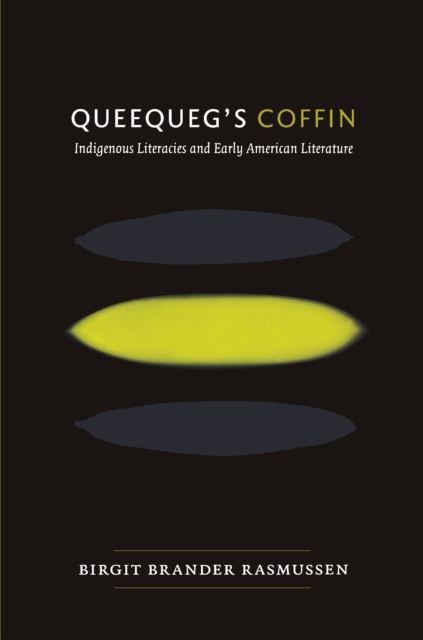
Queequeg's Coffin : Indigenous Literacies and Early American Literature PDF
by Brander Rasmussen Birgit Brander Rasmussen
Description
By recovering the literatures and textual practices that were indigenous to the Americas, Birgit Brander Rasmussen reimagines the colonial conflict as one organized by alternative but equally rich forms of literacy. From central Mexico to the northeastern shores of North America, in the Andes and across the American continents, indigenous peoples and European newcomers engaged each other in dialogues about ways of writing and recording knowledge. In Queequeg's Coffin, such exchanges become the foundation for a new kind of early American literary studies.
Information
-
Download - Immediately Available
- Format:PDF
- Pages:224 pages
- Publisher:Duke University Press
- Publication Date:06/01/2012
- Category:
- ISBN:9780822393832
Information
-
Download - Immediately Available
- Format:PDF
- Pages:224 pages
- Publisher:Duke University Press
- Publication Date:06/01/2012
- Category:
- ISBN:9780822393832






